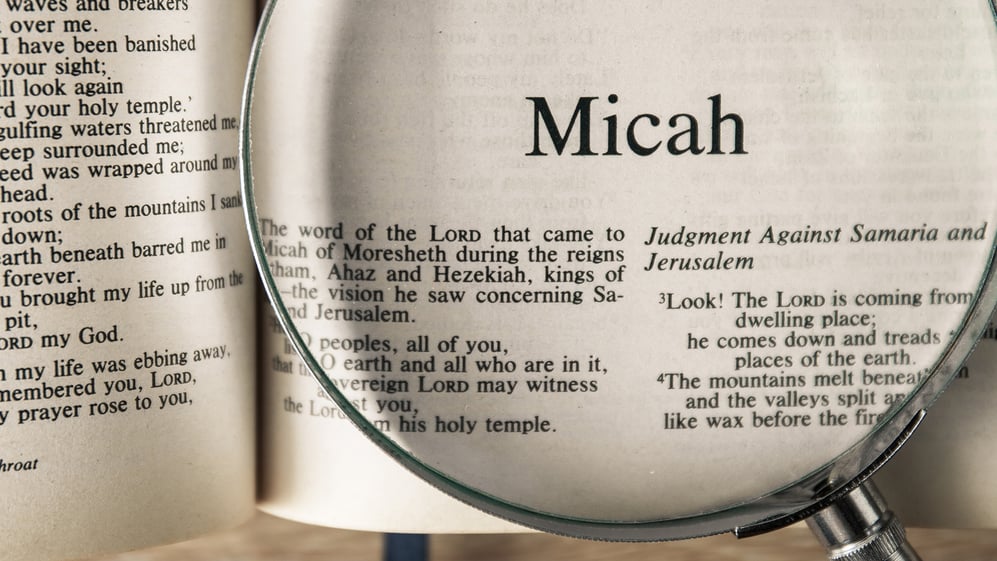Contradiction About When Jesus Went To Paradise?
One of the alleged “contradictions” in the Bible is that there is a contradiction about when Jesus went to “Paradise”. Here is the claimed contradiction:
Did Jesus ascend to Paradise the same day of the crucifixion?
(a) Yes. He said to the thief who defended him, “Today you will be with me in Paradise” (Luke 23:43)
(b) No. He said to Mary Magdelene two days later, “I have not yet ascended to the Father” (John 20:17)
The seeming problem here comes from the punctuation of Luke 23:43 in most translations, which makes it appear as though Jesus went to “paradise” the day he died. “He [Jesus] said to him, ‘Truly I say to you, today you shall be with me in paradise” (Luke 23:43).

 eg 514w, https://tips.translation.bible/wp-content/uploads/2023/11/send12-150x300.jp
eg 514w, https://tips.translation.bible/wp-content/uploads/2023/11/send12-150x300.jp






